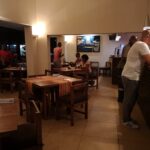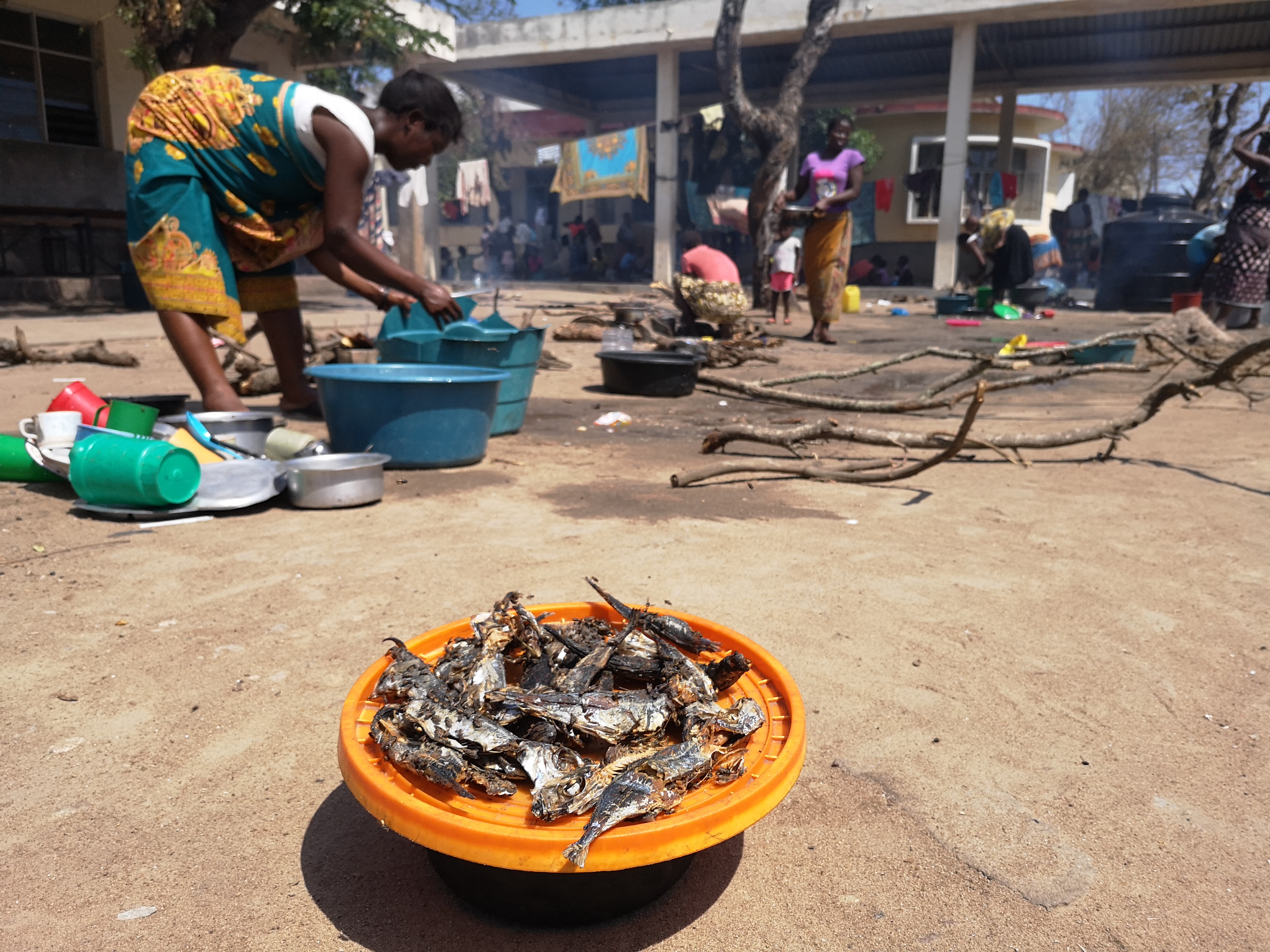
On March 15, Cyclone Idai smashed into the coast if Mozambique near the coastal city of Beira. It first devastated Beira and the surrounding areas before taking its deadly force further inland to Malawi and Zimbabwe. As it stands, the death toll is around a 1000 with thousands missing and many more in deadly risk of cholera and malaria outbreaks currently wreaking havoc on the impacted communities. Make no mistake, this is textbook climate change. Even though storms are not uncommon this time of the year, it’s the superlatives and ranking of Idai that position it well within the extreme fringe. Idai ranked as the second-deadliest tropical cyclone recorded in the South-West Indian Ocean basin, it is the third deadliest storm ever recorded in the Southern Hemisphere … The list goes on. What also makes it a textbook example is the disproportionate impact it had on the poorest and least resilient communities both on the coast and inland. Forget about the warnings issued, these people had nowhere to go even if they wanted, their crops and livelihoods washed away and their communities now bear the brunt of destroyed infrastructure, inadequate sanitation and disease outbreaks unlike their better off counterparts in towns behind their gated houses and compounds in Beira. I will get to it later in more detail but there is another element I saw in Beira that I haven’t witnessed in other disasters I responded to … the brutal logic of supply and demand in post disaster setting where those who have (apartments, cars, you name it) shamelessly profit and hike their prices that the responding humanitarians are willing to pay. There are some examples of selfless help but my overall impression is that this was a brutal lesson in crisis capitalism.
[wpvideo INbSfFcg]
I was in Thailand when this happened working on a film for Humanity and Inclusion and planning to go to London and onwards to Philippines to a training with NetHope. But humanitarian emergencies don’t care about schedule or kids at home wanting to see their mummies and daddies. I found myself on a long flight from Mae Sot to Bangkok to Doha, to Johannesburg to Beira nervously logging on every stopover to check updates. I was commissioned by the Disasters Emergency Committee to get content for the appeal they decided to launch hoping to compete with Brexit dominating UK’s public discourse. But it had to be done.
I had very little information. I had no place to stay, no food, no disaster kit, just my camera gear and tropical clothes. The info from Beira was grim. Shortage of food, electricity, accommodation, communication infrastructure down … I decided to stop in Johannesburg for a day so I can stock up on tent, mosquito net, emergency food and other essentials. Coming into Beira unprepared was no option, I would be no help to anyone.
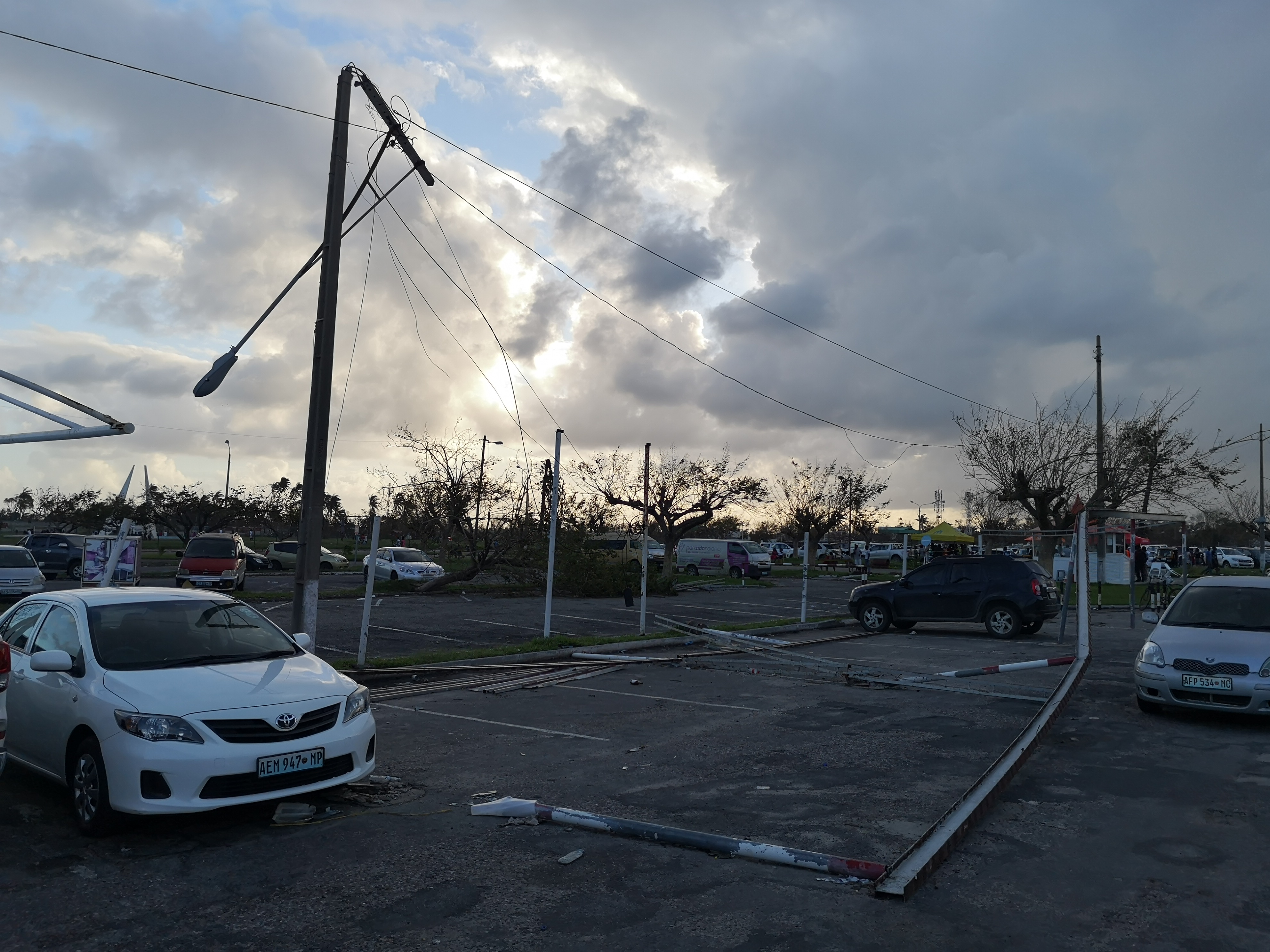
I tend to look for fellow humanitarians on the flights in to get as much intel as possible. The Joburg to Beira flight was a combo of humanitarians, media and residents coming back to check on the status of their homes and families back in Beira. And then there was Nunu. A middle aged man travelling with his small son into a disaster zone??? I decided to talk to him which turned out to be my luck. Nunu runs restaurants and a beach club in Beira and he was rushing back to open. He was in Beira when it happened, his restaurant and beach club are called Solange (I am shamelessly plugging him in because Nunu deserves it!). By the time I landed in Beira I had a place to stay, a fixer, a car and an invitation to dinner at the Solange restaurant from Nunu. Nunu is a larger than life character, businessman and a decent human being. He let me and the French radio crew I was on the plane with stay in his beach club (for free!!!), he invited me to his restaurant and one of his employees became my driver and translator for the days to come.
Our first night was surreal. Landing in a damaged airport, eating seafood in the best restaurant in town and then sleeping on the floor in a wedding venue surrounded by furniture Nunu saved from the storm. By the time I was leaving Beira a week or so later, around hundred humanitarians slept on his premises all for free, casually brushing their teeth in the evening while guests partied on in the beach restaurant he opened as soon as he could. His restaurant was full of people and he was discussing catering for the hundreds of people huddled at the airport coordinating the response and all depending on a small and helplessly slow aiport café. As I said Nunu was a businessman but not an opportunist. He helped where he could and the fact he kept his restaurant open was a godsend to people responding. Well done Nunu!
Airport became the humanitarian hub, an old warehouse area turned into an NGO coordination centre busy with dozens of organizations and hundreds of people passing through. Emergency Telecoms Cluster (a connectivity arm of the World Food Program) and Ericsson Response brought a satellite that was our communication lifeline for the first few days. I made myself known to all the NGOs I was going to be working with, made sure I am on the good side of the IT team as my task was to upload vast amounts of data to London and got to work.
The news outlets claim that 90 per cent of Beira was destroyed. The poor neighbourhoods turned into pools of mud and debris and the more well of streets became labyrinths of broken power lines and laying trees. Areas outside Beira were totally inaccessible by normal means and only helicopters or boats could reach them with their limited capacity. A lake the size of Greater Manchester appeared outside of Beira submerging everything under several meters of water. Yet life can’t stop and amidst all that I witnessed surreal scenes like this morning jogger. People need a sense of normalcy and life has to go on.
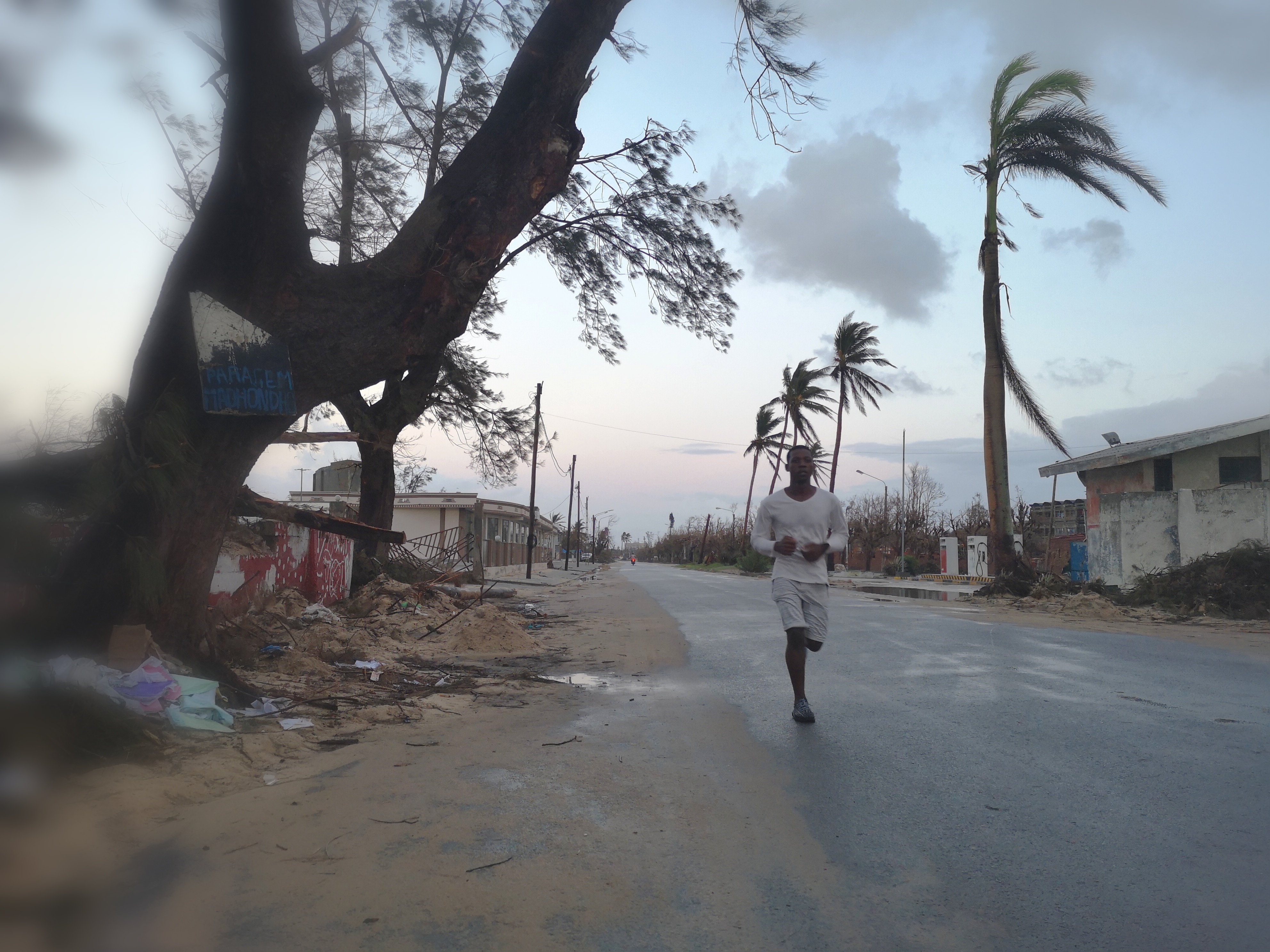
My friend Rami from NetHope came a day later to assist in connecting displaced communities and humanitarian organizations to internet and we found refuge in a small apartment (again, thanks to Nunu’s connections). The landlady took us like her lost sons and we had home cooked food, washed clothes and company for late night chats. Disaster Response brings out a strange breed of humans and I met many friends I made in the past and made some new ones. I kept thinking we meet too often lately… The devastating earthquake in Sulawesi is barely six month ago…
I would spend day filming stories of survivors, joining reconnaissance flights, joining DEC member organizations on their missions in the field whether they were distributing food, shelter, installing clean water or educating people about the risks of cholera. There were times I had to ditch the camera because as good as a shot of a woman falling into muddy creek with all her belongings and children would be, a helping hand across a broken bridge was a far more sensible option.
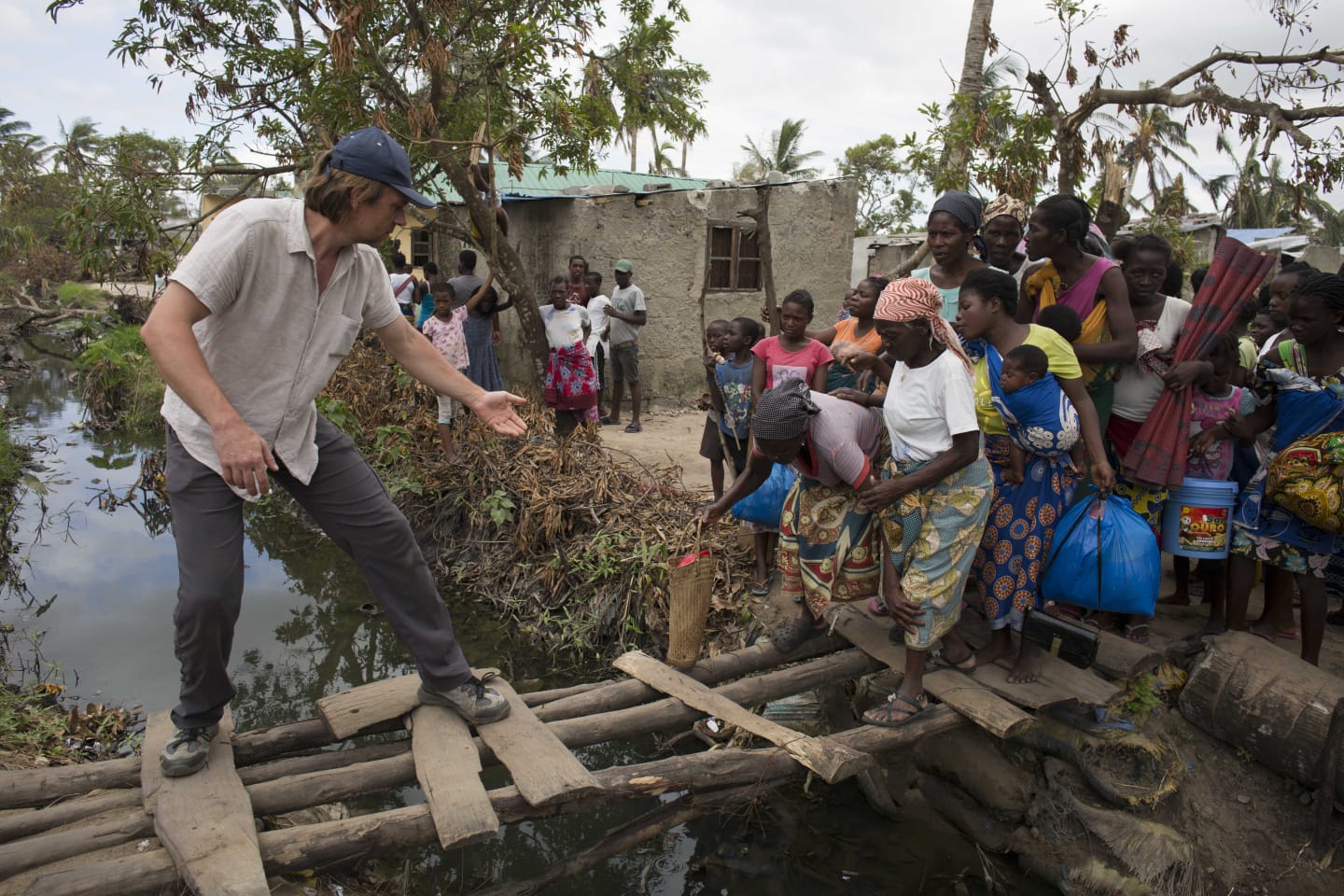
DEC relied on content from its members for its appeal. The satellite at the airport was desperately overloaded. Imagine a 8MB connection speed shared by 300 hundred users. There was no point hoping for high bitrate and high quality footage, there was hardly any potential of doing multiple stories each day. I had to somehow get the data through to London. I was compressing my footage down to 720p and 3MBS so I stood a chance to send the stuff through. Sometimes I would upload footage overnight from the UN coordination centre when people finally went to bed (I held the biggest data user of the response title on more than one occasion). The night owls – photographers, videographers – would spend late nights and early mornings there when the data bottleneck eased a bit. One night I ended up hitchhiking at 3 am back home through the pitch black streets of Beira. It was an eerie experience and not one recommended by any security expert but I was tired and there are no taxis. I got a lift from an Angolan bus driver with an appetite for my cash and trust me, it was one of the more expensive rides I took in my life but I was tired and desperate. I ended up giving USB sticks to people flying to Maputo to upload it from there … later in the week when 3g network got partially restored in town I would use a mini modem from my landlady but with constant power cuts, getting data out of Beira was a constant headache.
Prices for humanitarians skyrocketed. Car with a driver would go for $350 a day, 3 bedroom apartment would go for $300/day. Capitalism showed its ability to profit from crisis. The demand was huge and supply limited. Supply of compassion ran out before I even go there.
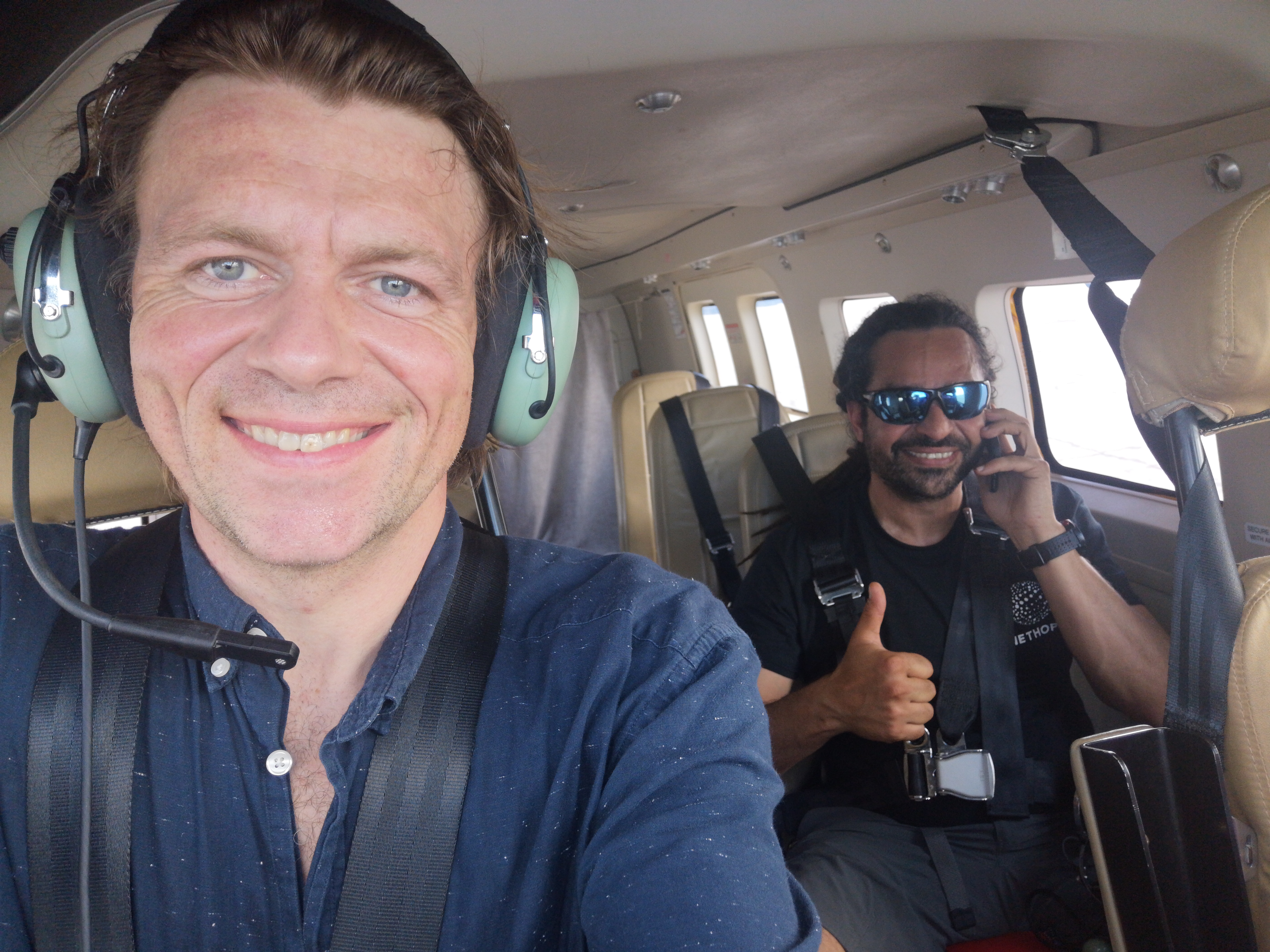
I am now back in London. DEC managed to raise close to 30 million pounds for its members and more money is coming. Yet I can’t help but feel disheartened. Brexit sucked the life out of the media, poisoned the public discourse made us all numb. A story – even story as big as this one – was not being told for the endless reruns of the Brexit Saga. I met many people … too many people since I have been back … well educated, well-travelled international Londoners with a broad overview of the world who follow what’s happening around them … who haven’t heard about Idai. Is it yet another African disaster that blurs out focus? Or has Brexit turned us all into zombies indifferent to the suffering around us? I spoke to BBC crews in Beira who rather didn’t want to know if Idai gets on the news or not because all this work and effort and suffering we witnessed shouldn’t go unnoticed.
If you read all the way here well done. Help me tell the story of Idai. Go to www.dec.org.uk and donate. Tell your friends. Knowing we can help Mozambiqe may lift even the Brexit Doom and Gloom.
As always, we’d love to hear your thoughts and suggestions! Share them in the comment box below!
The DoGoodFilms team
Got a cause you’d like us to film? Find out more about Ivo or CONTACT US!
E-mail: ivo@dogoodfilms.org
Phone: +44(0) 783 778 8646
CONNECT WITH US!

